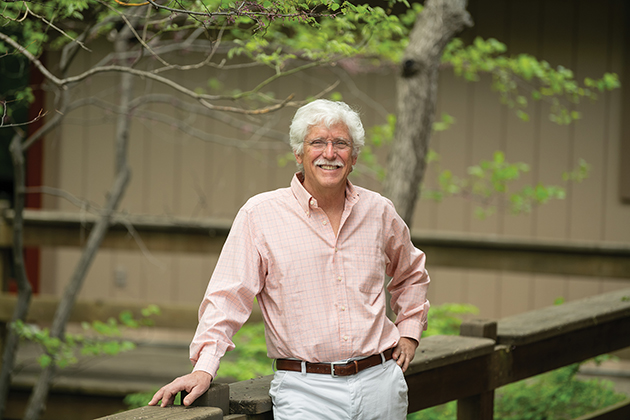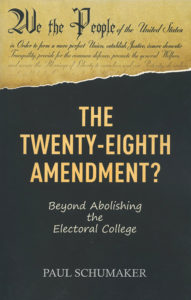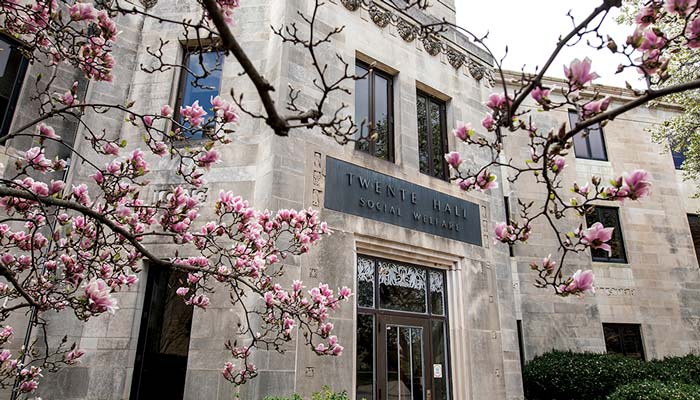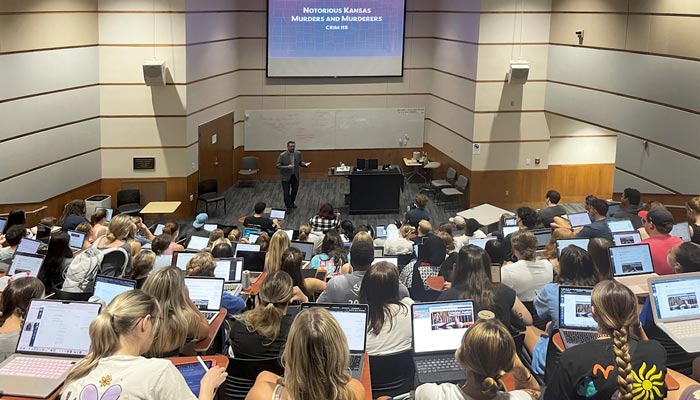How we vote, and why
Political theorist explores alternatives for presidential elections

Professor Emeritus Paul Schumaker opens The Twenty-Eighth Amendment? Beyond Abolishing the Electoral College by acknowledging the inevitable elephant in the room: Yes, he viewed Donald Trump as an unqualified candidate, let alone president, and Trump’s 2016 election literally drove him into retirement.
“I had no adequate explanation for the result of the 2016 election that I could offer my students,” he writes. “It was time to quit, so I exited the classroom before Trump took his oath of office.”
With his personal views offered at the outset, hopefully neutering charges of hidden bias that now tend to inflame discussion of current events, Schumaker proceeds to deliver an accessible examination of presidential politics past, present and future, with an unexpected twist.
The book’s title refers to the unlikely possibility of the U.S. Constitution being amended to revise or abolish the Electoral College as constructed by the framers—unlikely, yes, but, as Schumaker argues, not impossible. He sees change as imperative not because the Electoral College declared Trump the victor despite Hillary Clinton winning more popular votes, but because, in his view, the Electoral College yet again failed in what Schumaker sees as its fundamental role as gatekeeper: identifying capable and respected candidates. As for popular outrage over the Electoral College ignoring the “will of the people,” Schumaker says the argument is invalid because Americans’ collective will “is often unknown.” Among other reasons, our cumbersome system of vetting and nominating candidates prevents many voters from participating at crucial stages along the journey and makes alternative-party candidates impossible long shots; when a dispirited electorate is ultimately forced to then choose from only two candidates with any hope of winning, can a simple vote tally be trusted to represent a true, collective will?

Schumaker instead argues that because the Electoral College long ago ceded its role of identifying candidates to political parties, which are concerned only with putting forth nominees who can finish “first past the post,” then the system has outlived its usefulness.
Also refreshingly, Schumaker offers alternatives, including his favored option: an “instant run-off” system, with an early September “preliminary national election” narrowing a field of 20 or 25 qualified candidates to a final group of perhaps five, from which voters, returning to the polls in November, would then declare their preferences in a ranked order.
“I hope that it would start a conversation about the basis upon which we vote, putting less emphasis on partisanship and ideology and more emphasis on trust.”
—Paul Schumaker
Schumaker acknowledges that a catastrophic election outcome—such as both the Electoral College and House of Representatives unable to determine a winner—would likely be required to finally generate the national resolve to amend the Constitution. And even then, convincing a diverse country to agree on an alternative will be daunting, as Schumaker learned after the 2000 election, when he convened noted academics to discuss Electoral College alternatives after George W. Bush won despite losing the popular tally.
Those political science authorities ultimately tended to favor systems that reflected their own disciplines within the broad field, so convincing citizen voters and their partisan representatives to reach consensus would likely be even more daunting.
But, Schumaker insists, it’s worth trying, and he is hopeful that today’s young voters will eventually lead the way to institutional change.
“I hope that it would start a conversation about the basis upon which we vote, putting less emphasis on partisanship and ideology and more emphasis on trust,” Schumaker says of his book, which grew out of an Electoral College course he taught for KU’s Osher Lifelong Learning Institute. “And I do hope to have a conversation about whether we could have structural changes that make it easier for people to think in less partisan, less ideological ways.”








